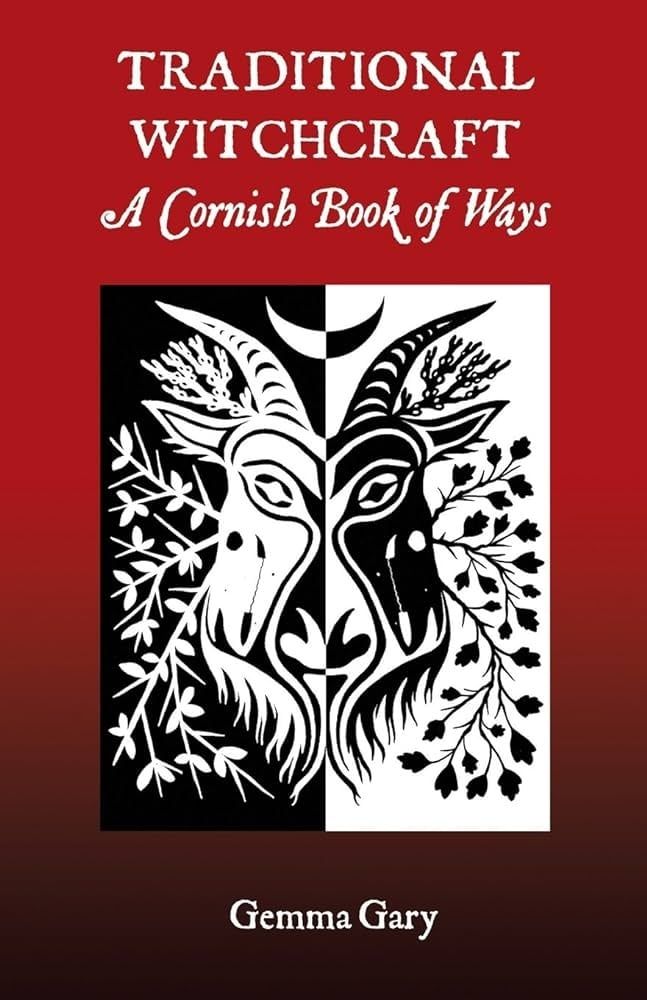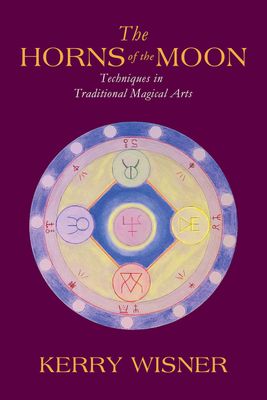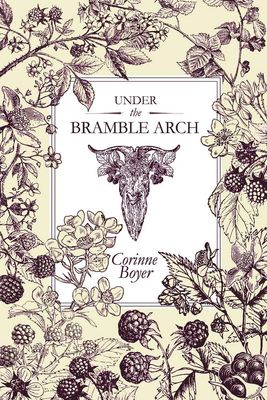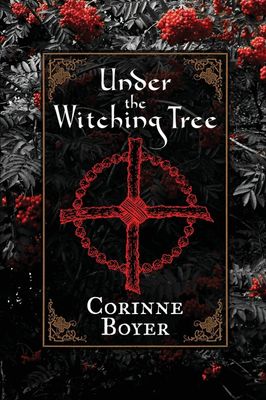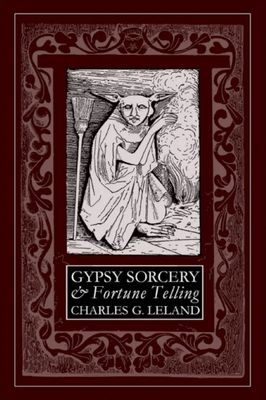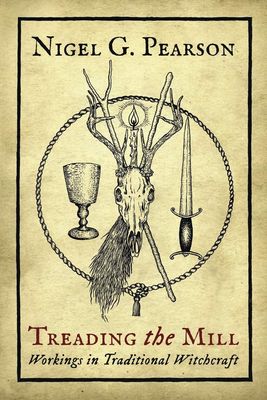Witchcraft supplies and wicca supplies online from one of the USA's BEST pagan stores! WINTER SALE NOW ON! USE COUPON CODE "DARKARTES" FOR 20% OFF SITEWIDE!!!
Traditional Witchcraft A Cornish Book Of Ways
$27.99
Traditional Witchcraft – A Cornish Book of Ways is a 21st century version of traditional Cornish witchcraft, of the kind recorded by Hunt, Bottrell and others. By Gemma Gary. Affiliated wit the famous Witchcraft Museum in Boscastle, cornwall.
In stock: 1 available
Product Details
UPC: 9781909602366
Brand: Troy Books
Tags: gemma gary,traditional witchcraft,troy books
With November 2018 came ten years since the first publication of Gemma Gary’s first book Traditional Witchcraft – A Cornish Book of Ways. This tenth anniversary revised edition begins with a new preface, giving an insight into the backstory of events which informed and inspired this popular title.
Although nestled in the Cornish landscape and its lore, the beliefs and practices described within this book are rooted also in the traditional witchcraft current and an ‘Old Craft’ of multiple British streams. Its magic and charms are comparable also to those found elsewhere in the British Isles and beyond, making this a book adaptable for practitioners in any land.
‘Traditional Witchcraft – A Cornish Book of Ways is a 21st century version of traditional Cornish witchcraft, of the kind recorded by Hunt, Bottrell and others. This is no neo-pagan or modern wiccan manual, but rather a deep drawing up into modern times of some of the ancient practices of lore and magic practiced by the white witches, charmers, conjurers and pellars of the Cornish villages. Their presence was still current when the 18th and 19th century antiquarians and collectors recorded them, and, although the 20th century largely put paid to their activities, nevertheless their lore never completely disappeared, and it continues to provide inspiration for practitioners today. Gemma draws on this knowledge, not only from published material, but also from the experiences and workings of ‘wise women’ and country witches living today.
Topics include the Cunning Path, the Dead and the Underworld (Fairy Faith), the Bucca, Places of Power in the villages and landscape, the Tools used by Cunning Folk (working versions of what can be seen, for example, in the Museum of Witchcraft & Magic), Village Cunning, substances and charms, and Rites of the Year’s Round. This book gathers much material together, some of which has not been seen in print before, and thus provides a sourcebook of magical workings in Cornwall today, which will be an invaluable reference.’
Cheryl Straffon – Meyn Mamvro
Save this product for later
Traditional Witchcraft A Cornish Book Of Ways
You May Also Like
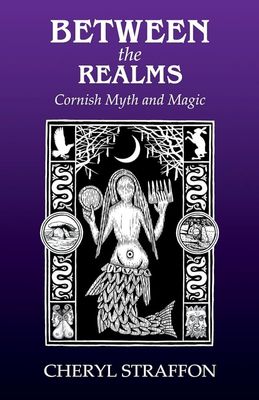
Between the Realms: Cornish Myth and Magic
In this fabulous exploration of the Cornish Celtic Otherworld, Cheryl Straffon shares stories, myths, and legends of supernatural beings such as fairies, piskies, mermaids, witches, giants, and other strange and wonderful creatures.
Between the Realms: Cornish Myth and Magic
$22.99
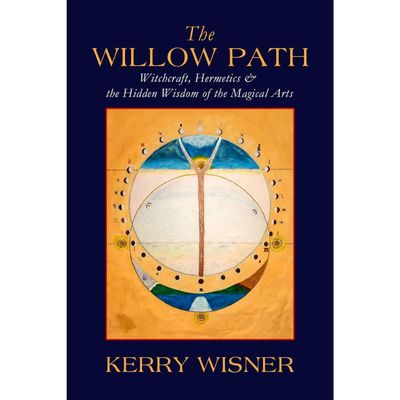
The Willow Path: Witchcraft, Hermetics & the Hidden Wisdom of the Magical Arts
The book is the first of a forthcoming trilogy The Geassa, which presents a codification of his training and practice of the Art, focusing on Traditional Witchcraft.
The Willow Path: Witchcraft, Hermetics & the Hidden Wisdom of the Magical Arts
$28.99
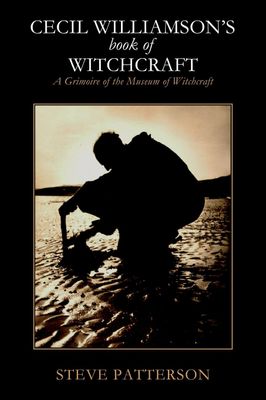
Cecil Williamson's Book of Witchcraft: A Grimoire of the Museum of Witchcraft
Steve Patterson is a writer, Folklorist, Woodcarver and agricultural labourer. He has been a student of folklore and the occult for as long as he can remember.
Cecil Williamson's Book of Witchcraft: A Grimoire of the Museum of Witchcraft
$27.99
Powered by Lightspeed
Display prices in:USD
